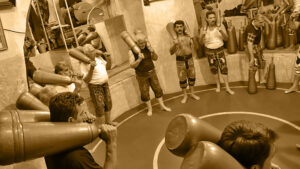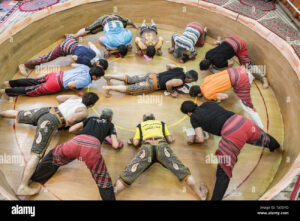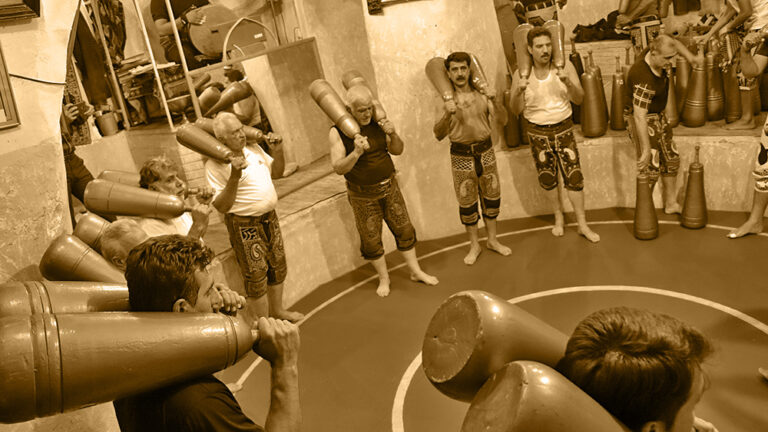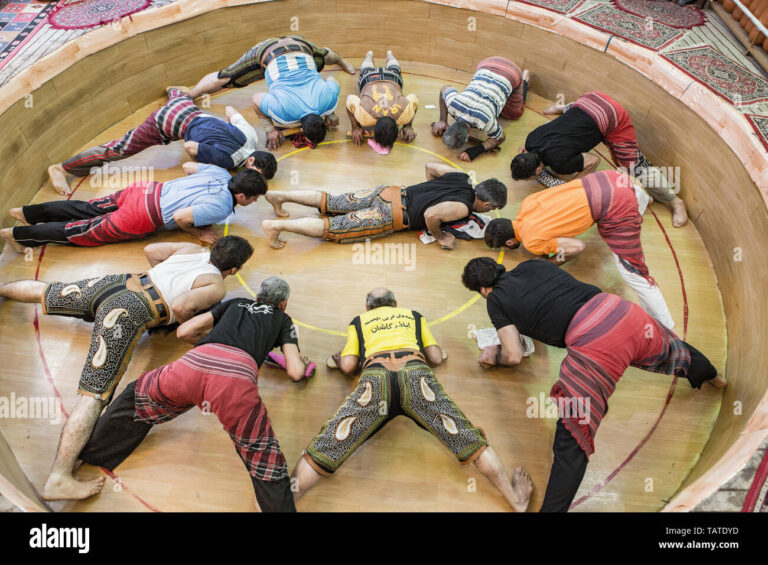Harnessing the Power of Mental Resilience: Expert Insights for Peak Performance
In the world of sports, athletic prowess is often measured in terms of physical capabilities—speed, strength, agility. Yet, if you’ve ever watched a nail-biting match or followed your favorite athlete through highs and lows, you might have noticed something deeper at play: mental resilience. It’s that invisible quality that can make or break a performance, turning the tide in crucial moments when the pressure is on. But what exactly is mental resilience, and how can athletes harness its power to achieve peak performance?
Understanding Mental Resilience
Mental resilience, simply put, is the ability to bounce back from setbacks and maintain focus under pressure. It encompasses a range of psychological traits, including emotional stability, confidence, and perseverance. Think about it—how many times have you seen a seemingly invincible athlete falter when the stakes are highest? Conversely, there are those underdogs who rise to the occasion, performing at their best when it matters most. This isn’t just coincidence; it’s a testament to their mental fortitude.
Some studies suggest that mental resilience can be developed through various strategies and practices. This brings us to the insights of experts who have dedicated their careers to understanding this fascinating aspect of sports psychology. I remember a conversation with a sports psychologist who emphasized that resilience isn’t an innate trait but rather a skill that can be cultivated with the right mindset and approach.
Expert Opinions on Building Mental Resilience
To delve deeper into this topic, I reached out to several experts in sports psychology. Their insights shed light on practical ways athletes can bolster their mental resilience.
Dr. Angela Hu, Sports Psychologist
Dr. Hu highlighted the significance of self-talk in cultivating resilience. “What you say to yourself during tough situations matters more than you think,” she explained. “Negative self-talk can hinder performance, while positive affirmations can boost confidence.”
This reminded me of a young tennis player I once interviewed. She told me how she would repeat affirmations to herself before each match, saying things like, “I am strong; I am capable.” It’s not just fluff—it’s a mental strategy that can help athletes perform at their peak.
Coach Mark Thompson, Performance Coach
According to Coach Thompson, goal-setting is another crucial element. “Setting realistic and achievable goals helps athletes stay focused and motivated,” he noted. “When they reach these goals, it builds confidence and resilience.”
He shared an anecdote about an Olympic swimmer who, after a disappointing race, re-evaluated his training goals. Instead of fixating on winning gold, he set smaller milestones, like improving his stroke technique or refining his starts. This shift not only improved his performance but also fortified his mental resilience. It struck me that sometimes, it’s the little victories that build the strongest foundations.
Dr. Eric Simmons, Psychologist and Author
Dr. Simmons pointed out the importance of mindfulness. “Being present in the moment allows athletes to manage stress and anxiety effectively,” he said. “Mindfulness practices like meditation can enhance focus and clarity, which are vital during competitions.”
His words brought back memories of a college basketball game I attended. The atmosphere was electric, and you could almost feel the tension in the air. It was a close game, and one player, in particular, seemed to thrive despite the pressure. Later, I learned he practiced mindfulness daily, something that clearly paid off when the game was on the line.
Strategies to Cultivate Mental Resilience
Based on these expert insights, let’s explore some actionable strategies that athletes can implement to develop their mental resilience.
1. Develop Positive Self-Talk
As mentioned earlier, the way athletes speak to themselves can greatly influence their performance. Training oneself to replace negative thoughts with positive affirmations can create a more supportive internal dialogue. Examples include:
- “I am prepared for this challenge.”
- “I have the skills to succeed.”
- “Every setback is a setup for a comeback.”
2. Set Incremental Goals
Rather than fixating on an overarching goal, breaking it down into smaller, manageable objectives can help athletes maintain focus and motivation. This could involve setting daily, weekly, or monthly targets that contribute to the larger aspiration. For instance, a marathon runner might aim to increase their distance by a mile each week or improve their pace over a specific route.
3. Practice Mindfulness and Meditation
Incorporating mindfulness practices into an athlete’s routine can significantly enhance their mental clarity and focus. Techniques may include:
- Daily meditation sessions, even if just for 10 minutes.
- Breathing exercises before competitions to manage anxiety.
- Visualization techniques to mentally rehearse performance scenarios.
4. Embrace Failure as a Learning Opportunity
It’s essential for athletes to understand that failure is a natural part of growth. When faced with a setback, instead of viewing it as a dead end, they can ask themselves what they can learn from the experience. I’ve seen this mindset transform athletes, turning their disappointments into stepping stones towards success.
The Role of Support Systems
No athlete is an island. Behind every successful individual lies a network of support—coaches, family, friends, and fellow athletes. This support system plays a crucial role in fostering mental resilience. For example, having a coach who encourages open communication can help athletes process their emotions and navigate challenges.
Moreover, surrounding oneself with like-minded individuals can create an environment that promotes resilience. A team that celebrates each other’s successes and provides encouragement during tough times fosters a culture of mental strength. It’s like being part of a community where everyone is rooting for you—nothing beats that feeling.
Real-Life Examples of Mental Resilience
To illustrate the power of mental resilience in sports, let’s take a look at a couple of inspiring examples.
Serena Williams
Serena Williams, one of the greatest tennis players of all time, has faced her fair share of challenges. From injuries to personal losses, she’s battled through it all. What stands out is her unwavering resilience. After a life-threatening childbirth experience, many doubted whether she would return to professional tennis. However, Serena channeled her struggles into motivation, returning to the court stronger than ever. Her story is a testament to the power of mental resilience and determination.
Michael Jordan
Another iconic figure, Michael Jordan, famously faced rejection early in his basketball career. Cut from his high school team, he didn’t let this setback define him. Instead, he used it as fuel, practicing relentlessly to hone his skills. Jordan’s journey exemplifies how resilience can turn perceived failures into triumphs. His “never give up” attitude is something every aspiring athlete should strive to emulate.
Conclusion: The Journey of Mental Resilience
As we’ve explored, harnessing the power of mental resilience is not merely a matter of innate talent; it’s a journey that requires dedication, practice, and a willingness to learn from both successes and failures. Athletes who invest in developing their mental resilience are not only better equipped to handle the pressures of competition but are also more likely to find fulfillment in their sporting journey.
In an age where sports performance is increasingly analyzed and quantified, perhaps it’s time to shine a light on the mental aspects as well. After all, while physical training is essential, the mind plays a pivotal role in achieving greatness. So, the next time you watch a game and see a player triumph against the odds, remember that their success is often rooted in a steadfast mental resilience that drives them forward.
In the end, it’s about embracing the challenges, learning from them, and, most importantly, believing in oneself. Whether you’re an athlete or simply someone facing life’s hurdles, cultivating mental resilience can lead to extraordinary outcomes. Here’s to the power of the mind—may it always be your greatest ally in the pursuit of peak performance!













